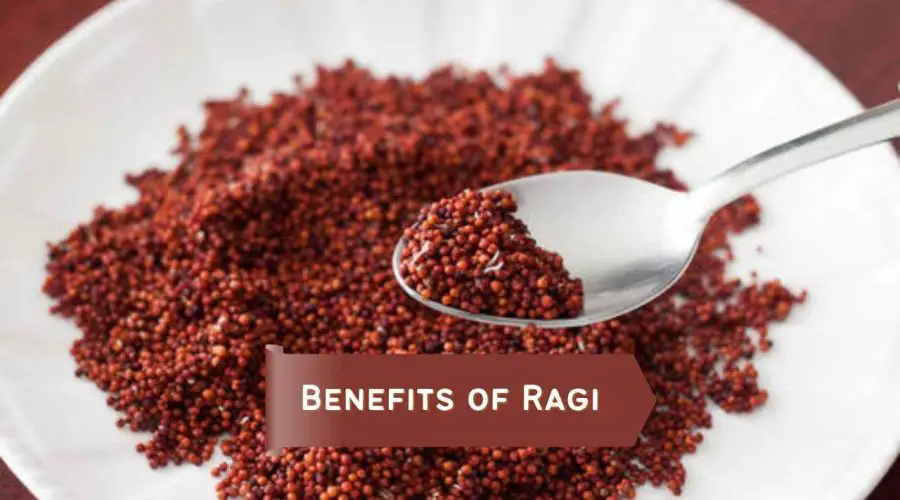The Wonder Food: Know the Benefits of Ragi (Millet)
Millet, or Ragi as it is usually known, is frequently used in southern cuisine. It is the staple meal in numerous South Indian villages.
Ragi porridge (kanji) or Ragi balls, which are fairly popular in the South, are a significant source of strength for the locals.
The question you may ask Is Ragi is hot or cold?
Ragi is cool in nature. So you can have it during the summer months to cool the body.
Some prominent ragi dishes are— dosa, vermicelli, kanji, malt, ragi balls, and roti.
Here are some strong reasons for including ragi in your Diet:
- Ragi is rich in calcium. It can be used with salt and buttermilk and is an excellent way to chill your body and also strengthen and cool your body.
- Ragi is optimal for weight loss. Make ragi balls and use them in place of rice. You will quickly observe the change.
- Ragi cherry is one of the greatest semi-solid meals to provide to your child prior to introducing solid foods. It is the greatest baby food in India for the growth of children.
- Ragi is the ideal food for controlling weight, diabetes, and cooling the body.
- Ragi is also an excellent source of fibre and aids in lowering cholesterol levels.
Frequently Asked Questions
1. Is ragi heat or cold for body?
Additionally, ragi is a good source of fibre and lowers cholesterol. The best food for managing diabetes, weight, and cooling the body is ragi.
2. Will ragi increase haemoglobin?
According to the research, daily ragi porridge supplementation has a good impact on the haemoglobin levels of teenage high school girls. Thus, for better results, a well-planned nutrition education programme with dietary supplements is advised.
3. Does ragi increase weight?
When it comes to those attempting to lose weight, ragi serves as an excellent source of fibre. While ensuring that the person is healthy and robust, it aids in the control of diabetes in the body.
4. Can we take ragi everyday?
According to studies, regularly eating ragi can help treat illnesses like insomnia, anxiety, and sadness. Additionally, the ragi’s amino acids have natural sedative properties.

